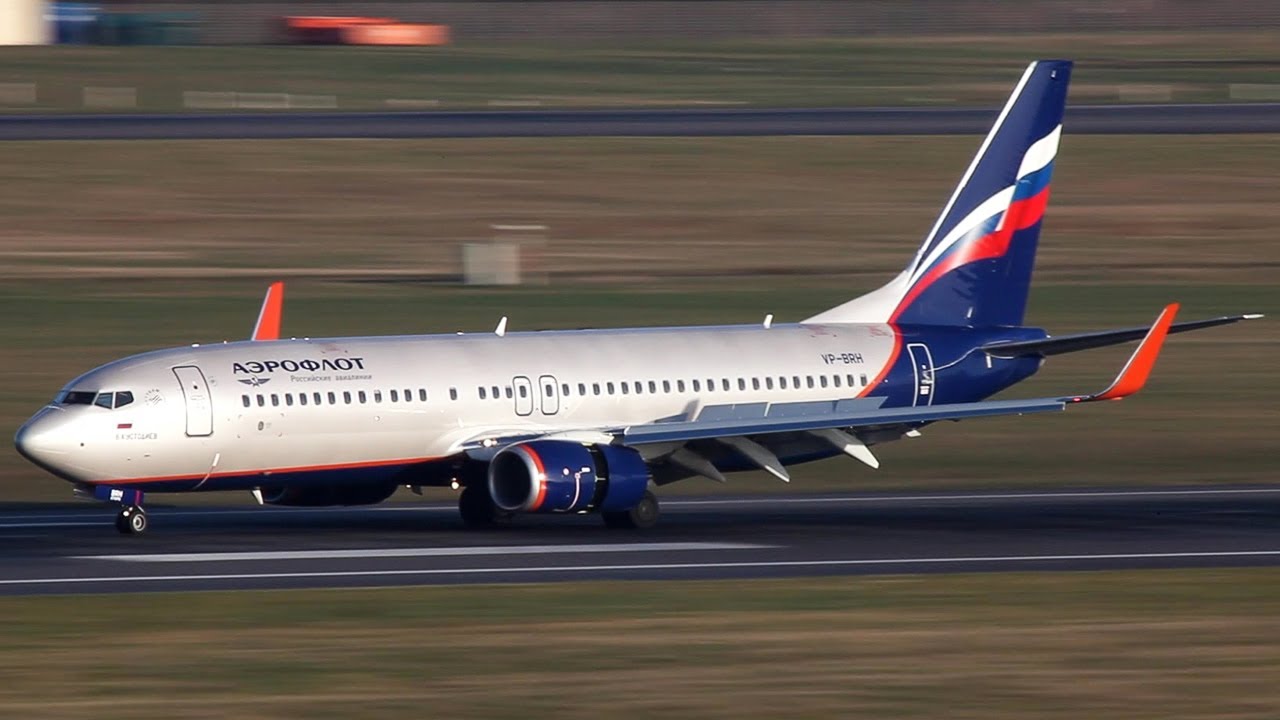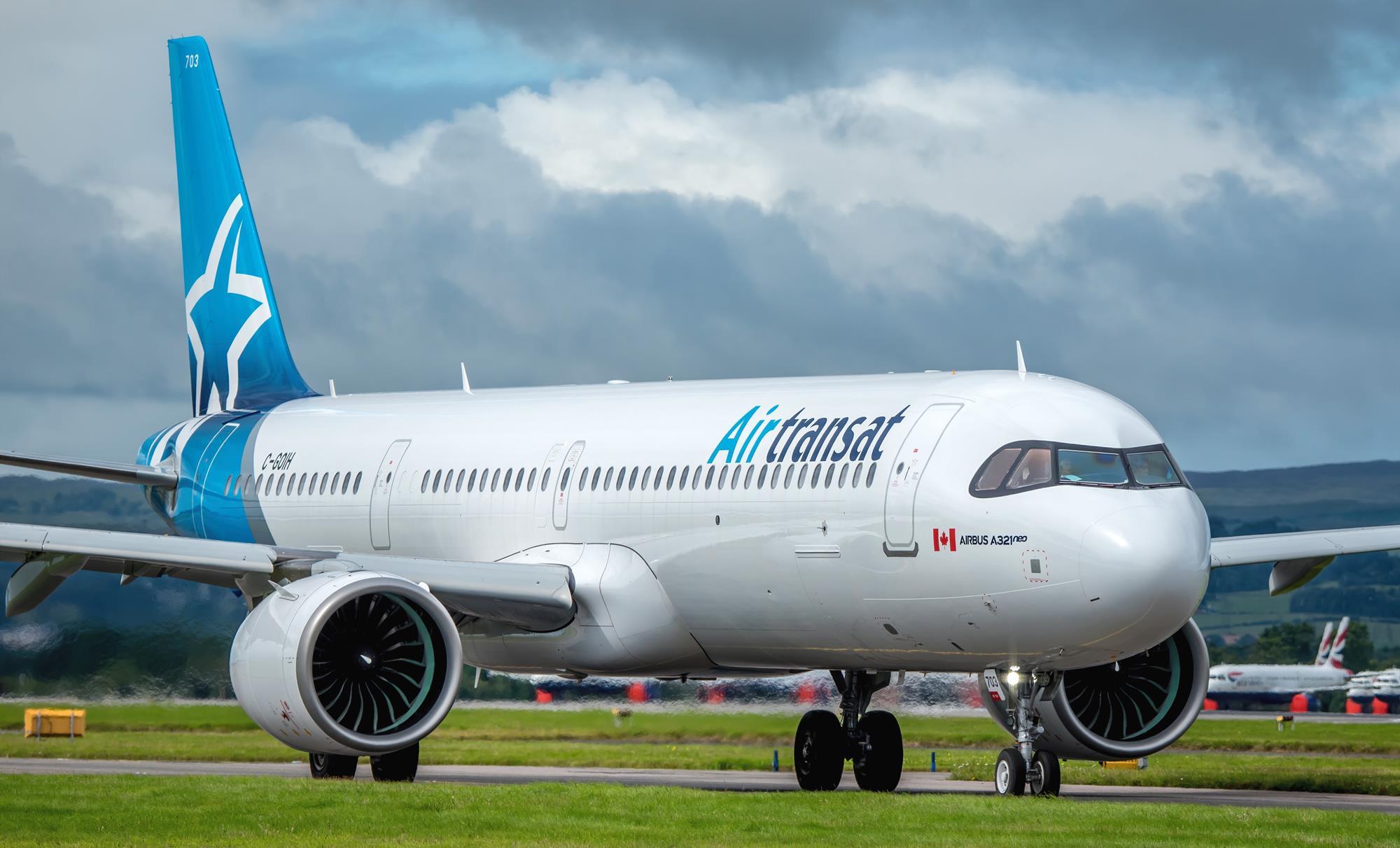
In a bold strategic move, Aeroflot has set its sights on Atran Airlines’ decommissioned Boeing 737-800BCFs, eyeing them as a lucrative source for spare parts. This initiative comes amidst an increasingly complex geopolitical landscape and operational challenges brought on by global economic shifts.
The Strategy Behind Aeroflot’s Decision
Aeroflot, Russia’s largest airline and a key player in the aviation industry, has been actively seeking alternative methods to sustain aircraft maintenance. By targeting the Boeing 737-800BCFs, Aeroflot aims to secure a stable inventory of essential aircraft parts. This strategy not only ensures the airline’s fleet remains operational but also reduces dependency on unpredictable global supply chains.
Why the Boeing 737-800BCF?
The Boeing 737-800BCF, a well-known freight carrier, offers an exhaustive list of reusable components that can be utilized across multiple Boeing aircraft models. The choice of these aircraft is strategic for several reasons:
- Compatibility: The parts harvested from the 737-800BCF can be used in a variety of Boeing models, making them highly versatile.
- Cost Efficiency: Salvaging components from decommissioned aircraft can lead to significant cost savings compared to purchasing new parts.
- Regulatory Flexibility: Utilizing parts from an established aircraft model ensures compliance with aviation regulatory standards.
The Role of Atran Airlines
Atran Airlines, a Russian air freight carrier and a subsidiary of Volga-Dnepr Group, has been instrumental in facilitating Aeroflot’s new strategy. Though primarily focusing on cargo transport, Atran offers a pathway for Aeroflot to access the Boeing 737-800BCFs.
Potential Challenges and Opportunities
While Aeroflot’s plan is forward-thinking, several challenges could arise. The **availability** of adequate airplanes to disassemble and the **logistical complexity** of repurposing the parts are potential hurdles. Moreover, lower aircraft availability might lead Aeroflot to compete with other airlines eyeing the same strategy.
Nevertheless, by successfully implementing this initiative, Aeroflot could set a precedence for similar strategies across the industry, offering:
- Enhanced Fleet Management: Ensuring operational stability in the face of unpredictable supply disruptions.
- Increased Resource Utilization: Minimized waste by repurposing viable aircraft parts.
- Strategic Market Positioning: Positioning itself as a leader in sustainable asset management within the aviation sector.
Looking Ahead
As Aeroflot continues to refine its spare parts strategy, industry analysts will be watching closely to see how this pioneering approach unfolds. By transforming potential waste into resourceful assets, Aeroflot is not only safeguarding its fleet but also paving the way for innovative solutions in the aviation industry.
Scudrunners.com



